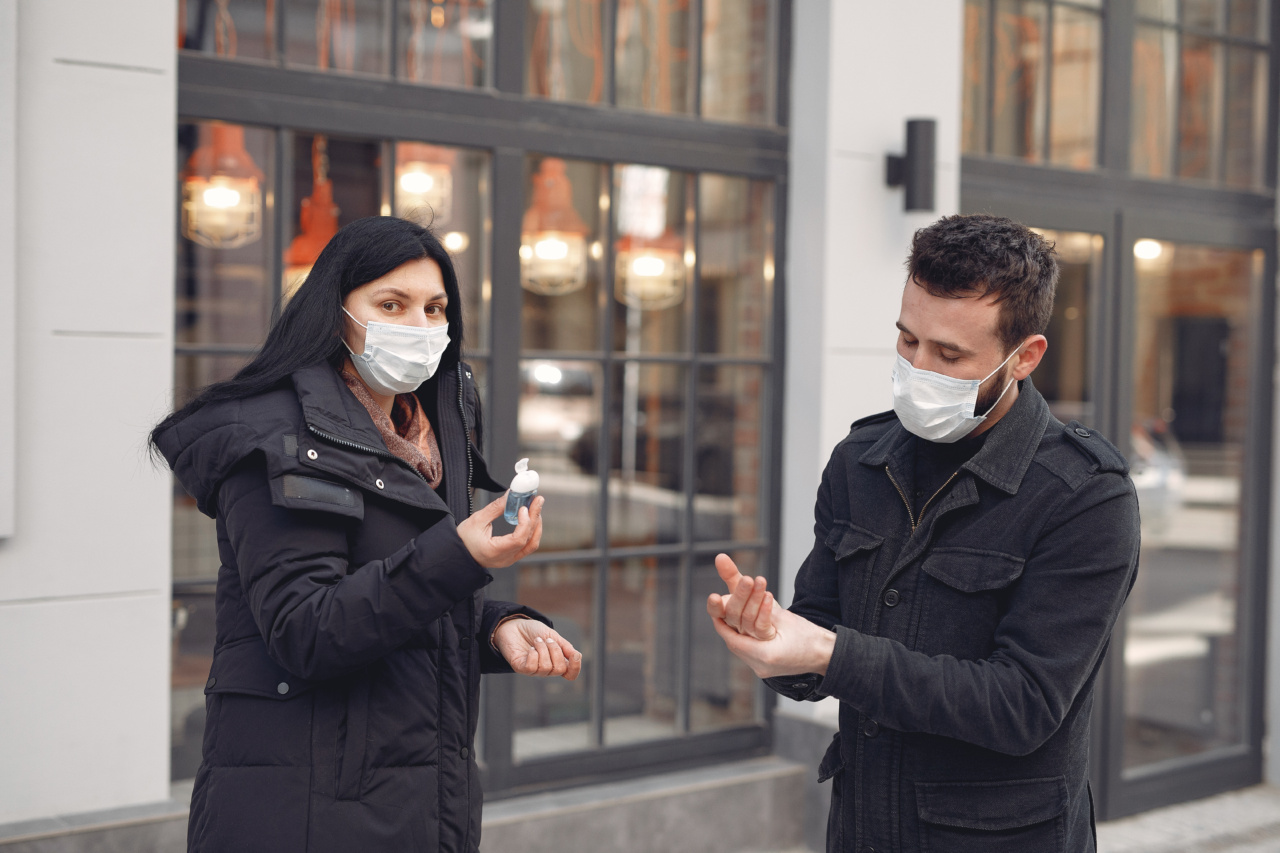Colds and sinusitis are common respiratory conditions that many people experience at some point in their lives. While these conditions often resolve on their own with time, there are certain signs that indicate you may need medical attention.
These signs should not be ignored, as they can be indicative of a more serious underlying condition or the need for treatment that goes beyond over-the-counter remedies. In this article, we will explore the signs that you should seek medical attention for your cold or sinusitis.
1. High Fever
A high fever is typically not a common symptom of a cold, but it can indicate a more severe respiratory infection, such as sinusitis. If you have a persistent fever above 101 degrees Fahrenheit, it is important to consult a healthcare professional.
They can assess your symptoms and determine the appropriate course of action, such as prescribing antibiotics if necessary.
2. Severe Headache
While headaches can be a common symptom of both colds and sinusitis, a severe or persistent headache may warrant medical attention.
If your headache is accompanied by other concerning symptoms like dizziness, difficulty concentrating, or changes in vision, it is crucial to seek medical advice. These symptoms could indicate a more serious condition, such as a sinus infection that requires specific treatment.
3. Prolonged Symptoms
If your cold or sinusitis symptoms persist for more than 10 days without improvement, it may be time to consult a healthcare professional.
While most colds or sinus infections resolve within a week or two, prolonged symptoms could indicate a more complicated infection, such as a bacterial sinusitis. Medical intervention may be necessary to help alleviate your symptoms and prevent further complications.
4. Difficulty Breathing
While congestion is a common symptom of colds and sinusitis, severe difficulty breathing is not.
If you experience significant shortness of breath, wheezing, or chest tightness along with your cold or sinusitis symptoms, it is essential to seek immediate medical attention. These symptoms may indicate a more severe respiratory infection, such as bronchitis or pneumonia, which require prompt medical treatment.
5. Facial Pain or Swelling
Facial pain and swelling are common symptoms of sinusitis. However, if your facial pain becomes severe or is accompanied by redness, tenderness, or swelling that worsens over time, it is crucial to consult a healthcare professional.
In some cases, these symptoms may indicate a more severe infection, such as a sinus abscess, which requires medical intervention.
6. Persistent Cough
A persistent cough that does not improve after several weeks or worsens over time may indicate a more serious condition than a common cold or sinusitis.
If your cough is accompanied by blood or excessive phlegm, it is essential to seek medical attention promptly. These symptoms could be signs of a respiratory infection, such as bronchitis or pneumonia, that requires medical treatment.
7. Recurrent Infections
If you find yourself experiencing frequent colds or sinus infections, it may be a sign of an underlying health issue. Recurrent respiratory infections can be caused by a weakened immune system, allergies, or structural abnormalities in the sinuses.
Consulting a healthcare professional can help identify the root cause of your recurrent infections and provide appropriate treatment or management strategies.
8. Worsening Symptoms
If your cold or sinusitis symptoms worsen after a few days rather than improving, it is important to seek medical attention.
This could indicate that your body is not effectively combating the infection or that the infection has progressed to a more severe stage. Medical intervention may be necessary to prevent complications and help you recover more quickly.
9. Underlying Health Conditions
If you have certain underlying health conditions such as asthma, diabetes, or a weakened immune system, it is crucial to be vigilant when experiencing cold or sinusitis symptoms.
These conditions can make you more susceptible to complications or prolong the duration of your illness. Seeking medical attention for your cold or sinusitis can help manage and minimize potential risks associated with these underlying health conditions.
10. Decreased Appetite or Fluid Intake
If your cold or sinusitis symptoms are accompanied by a significant decrease in appetite or fluid intake, it is essential to seek medical attention.
Adequate nutrition and hydration are crucial for your body to fight off infections and recover effectively. Medical professionals can assess your symptoms and provide guidance on managing your illness while ensuring your nutritional and fluid needs are met.






























